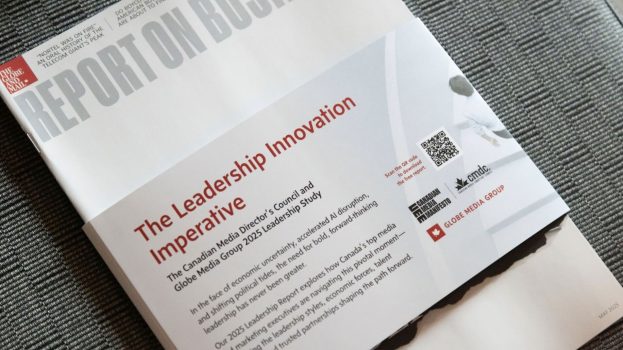Almost three-quarters of Canadian workers believe their employers perform strongly on social issues, such as health and safety, or equity for women and people of colour, though feelings are more mixed when it comes to environmental and climate performance, according to the latest Argyle Public Relationships Index.
The survey of 934 Canadians and 548 Americans, conducted with Leger between April 30 and May 2, polled workers on their employers’ performance on environmental, social and governance (ESG) issues.
Seventy-three percent of respondents said their organization “performs strongly on social issues, such as health and safety or equity for women and people of colour” and 70% agreed their company “has strong, effective and ethical management and governance practices.”
The survey also found that there is strong awareness of organizations’ social purpose among employees, with 70% of respondents saying they know of, and believe their company lives up to, its social purpose. Moreover, 74% believe their organization acts as a leader in their industry, community or in the public domain.
However, only 56% said their organization “performs strongly on environmental issues, such as reducing its negative impact on the climate.”
“Internally, employees are advisors, evaluators and ambassadors for an organization’s authenticity and performance,” Argyle CEO Daniel Tisch told strategy in an email. “While they believe organizations are making progress on social and governance issues, there is still work to do to reduce their impact on climate change, and this deserves immediate action.”
The research comes as ESG issues steadily become more important drivers of capital, reputation and market value, reiterating the need for business leaders to invest in ESG strategies, as well as measuring and reporting their progress, Tisch says.
But it also points to a gap in the way companies’ efforts to address social issues are perceived by internal and external stakeholders. He current picture paints “a far rosier picture than we see from the outside,” based on previous surveys with Argyle, said Leger EVP Dave Sholz in a release.
“The mixed blessing is that right now, on average, employees evaluate their organizations’ commitment to [stakeholder] relationships more positively than customers and other outsiders do,” Tisch says. “The gap was most glaring when we asked whether ‘the public can influence the decisions or direction’ of the organization. More than two-thirds of employees said yes, but rarely do we see outside opinions even approach a majority. This suggests the public has more influence than they think.”
To close that perception gap, Tisch says leaders should invest more in listening to and engaging their stakeholders and in communicating how public input has influenced their decisions, adding that they “should equip and empower employees to be authentic ambassadors.”
In addition, the study found Americans think slightly more highly of their employers than Canadians do. For example, 76% of U.S. respondents rated their organization highly on social performance (versus 73% of Canadians), 75% on governance (versus 70%) and 64% on environmental performance (versus 56%) – a difference Tisch correlates to Americans’ more positive attitudes to employers in general.
























